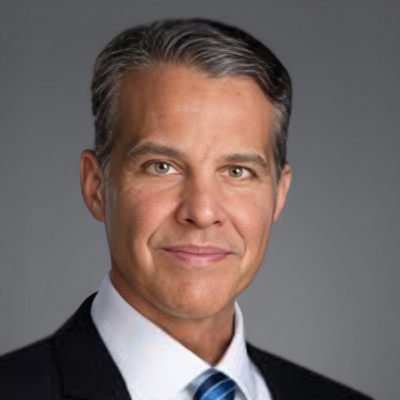
Eric O'Neill
Former FBI agent and lecturer, recognized for his role in the capture of a historic spy. He inspires with his story of integrity and courage, showing the importance of ethics and security in times of uncertainty.
Biography / Speaker Info
Eric O'Neill is a former U.S. prosecutor and security consultant, world-renowned for his crucial role in the capture of the most damaging spy in U.S. history: Robert Hanssen. His life is a tale of counterintelligence, trust and betrayal that inspired the acclaimed 2007 film Breach. With his unique expertise in intercepting insider threats, O'Neill has become a global authority on cybersecurity and data protection.
His career with the Federal Bureau of Investigation (FBI) put him at the center of the most sensitive counterintelligence operation of the turn of the century. In 2001, O'Neill was assigned to work directly under Robert Hanssen, a veteran agent who, for more than 20 years, sold national security secrets to the Soviet Union and, later, Russia. O'Neill's mission was to spy on the spy, gathering the evidence necessary to expose Hanssen's treachery, an accomplishment that is considered a key victory for U.S. security.
Following the Hanssen case, O'Neill left the FBI to complete his law studies at George Washington University. He is currently the founder of The Georgetown Group, an investigative and security consulting firm specializing in counterintelligence and cybersecurity operations at the corporate level. He has also worked as a National Security Strategist for large technology companies, advising on data protection and mitigation of internal and external threats. His experience led him to write his book Gray Day (2019).
Eric O'Neill's legacy is not limited to his heroism in counterintelligence, but extends to his work as an expert and lecturer. His presentations address the evolution of espionage into cyber espionage, highlighting the importance of the human factor in cybersecurity. O'Neill stresses that Hanssen was the first "cyberspy," using the FBI's internet-connected databases to commit his treachery. His message inspires executives to build a culture of "data resilience" and to think like spy hunters.










